How to Recover from Burnout
Burnout has become a buzzword in recent years, but for those experiencing it, it is far more than just a trend. Burnout refers to a state of ongoing emotional and physical exhaustion, often accompanied by feelings of detachment and a reduced sense of satisfaction or joy. It doesn’t just occur out of nowhere; instead, it often creeps up after prolonged exposure to stress. As a psychologist, I have seen how burnout can take a significant toll on individuals’ emotional well-being. Understanding what burnout is and how to address it is essential for regaining balance and improving the overall quality of one’s life.
We all experience stress in our daily lives—whether through our careers, academics, or relationships. Stress, to some extent, is unavoidable and can even help us complete tasks and prioritize what matters. However, burnout results from overwhelming stress. While it often arises from prolonged stress in professional environments, it can also stem from caregiving roles, academic pressures, or managing multiple personal responsibilities. Burnout is more than just feeling tired—it’s a deep depletion that affects your ability to function effectively.
Symptoms of burnout typically fall into three primary dimensions:
- Exhaustion: A pervasive sense of fatigue that isn’t alleviated by rest
- Cynicism or Detachment: Increased negativity or a sense of disconnection from your work, responsibilities, or relationships
- Reduced Efficacy: Feeling unproductive or incapable, even in areas where you generally excel
Recovering from burnout takes time. It cannot be resolved in a single day; rather, it requires gradually incorporating strategies that alleviate its effects and prevent it from worsening. Long-term commitment to healthy habits is also essential to avoid its recurrence.
Below are some common signs of burnout, along with corresponding strategies to help manage these symptoms and begin the healing process.
Difficulty Concentrating and Chronic Indecision
If you struggle to focus or make decisions, seek support. Reach out to trusted friends, family members, or colleagues. Sharing your feelings can be cathartic and may lead to practical solutions or shared burdens. Leaning on your community can help alleviate pressure.
Increased Irritability and a Shorter Temper
If you find yourself more irritable than usual, consider setting boundaries. Learn to say no and delegate tasks where possible. Protect your time and energy by creating clear boundaries between work and personal life.
Sleep Disturbances (Insomnia or Oversleeping)
If your sleep patterns are disrupted, practice mindfulness techniques such as meditation, deep breathing, or grounding exercises. These practices can help reduce stress and regulate your nervous system, improving your ability to cope with challenges.
Emotional Numbness and Feelings of Detachment
If you feel emotionally numb or detached, consider seeking professional help. Therapy provides a safe space to explore the root causes of your burnout and develop tailored coping strategies. It’s a nonjudgmental environment with the focus entirely on you. It offers a path toward feeling grounded and like yourself again.
Burnout is not a sign of weakness or failure—it’s a signal that something needs to change. Prevention is often easier than recovery, so check in regularly with yourself to assess your stress levels and make adjustments before reaching a breaking point. By understanding burnout symptoms and implementing proactive strategies, you can embark on the journey toward recovery and resilience.





